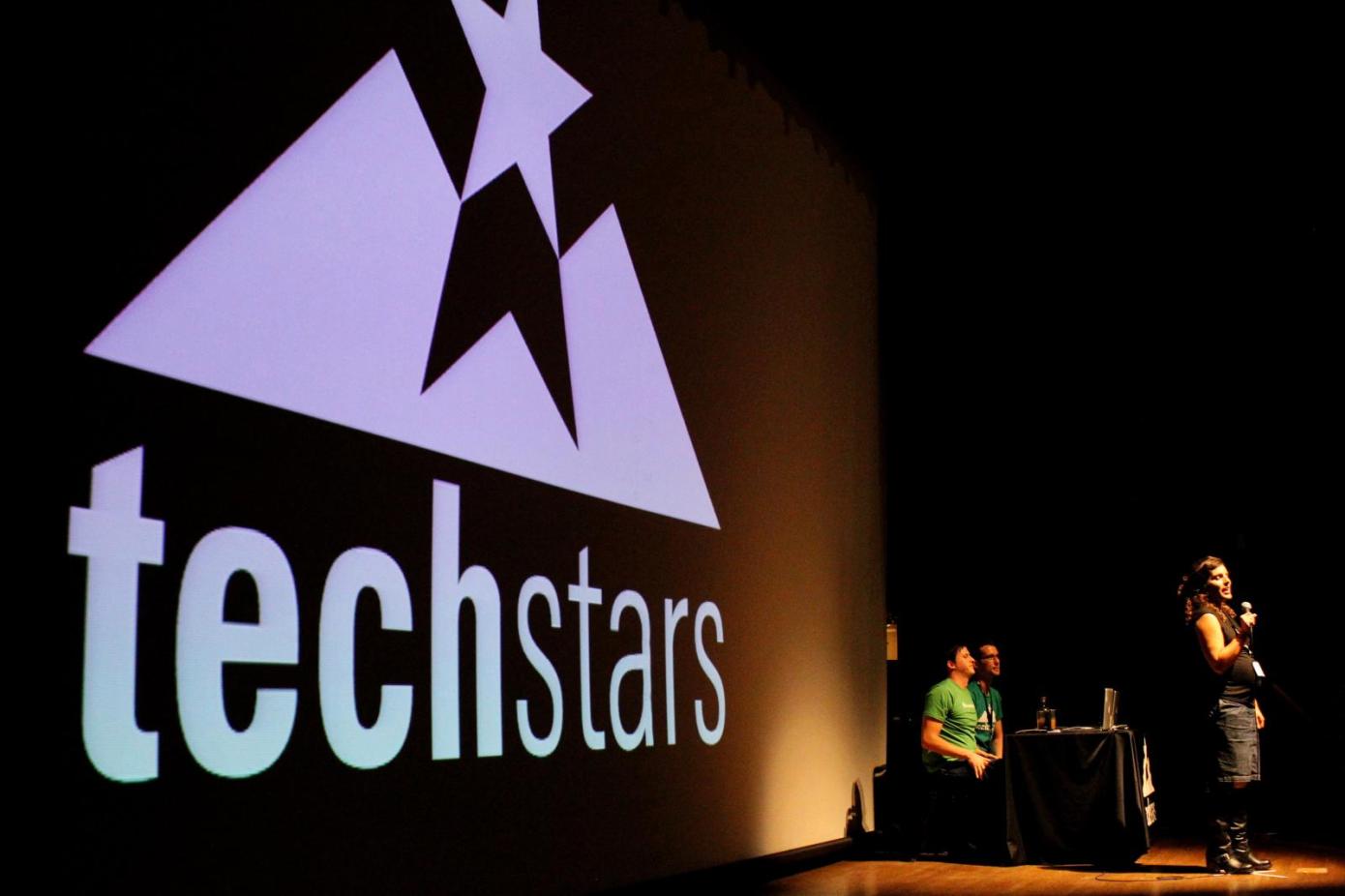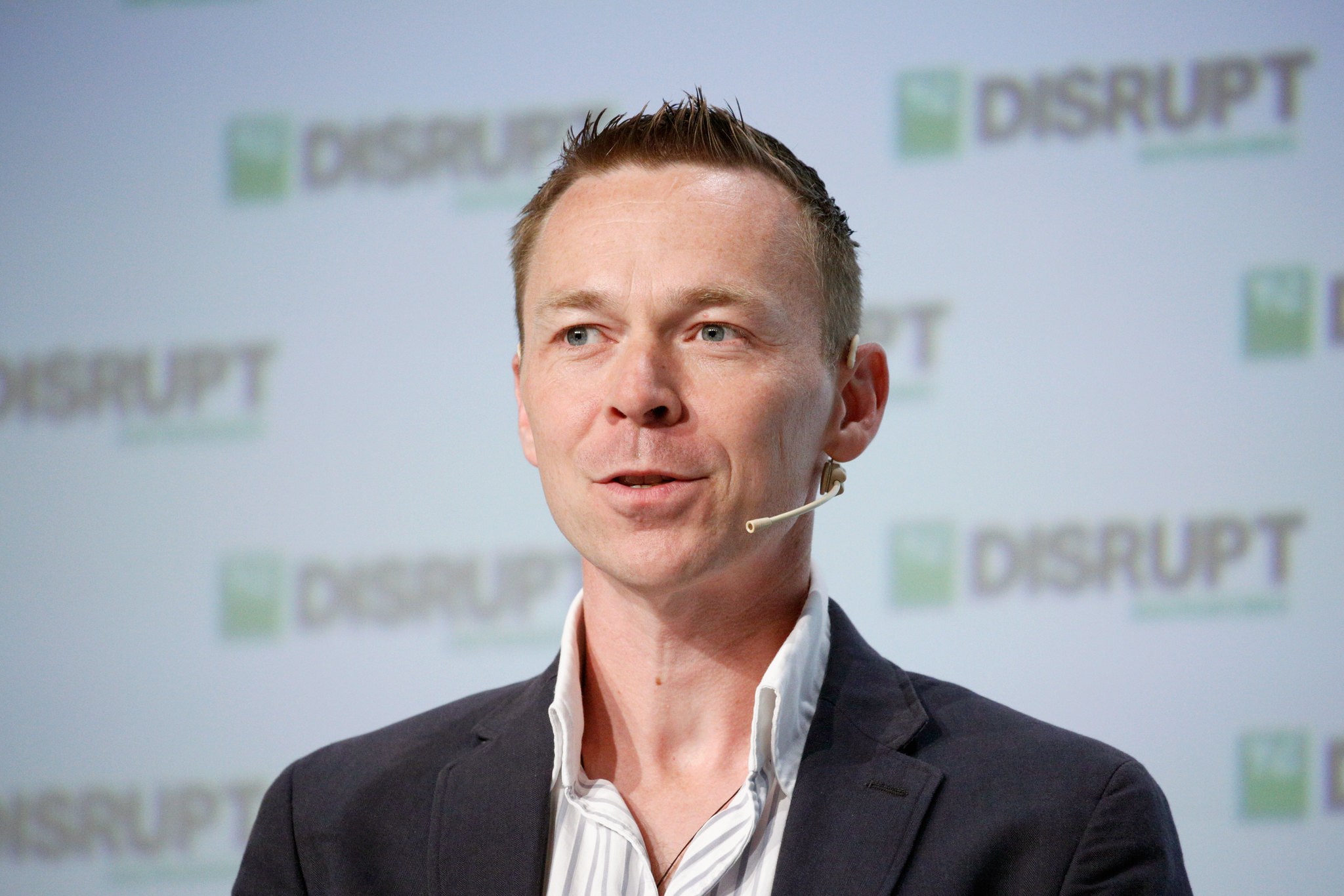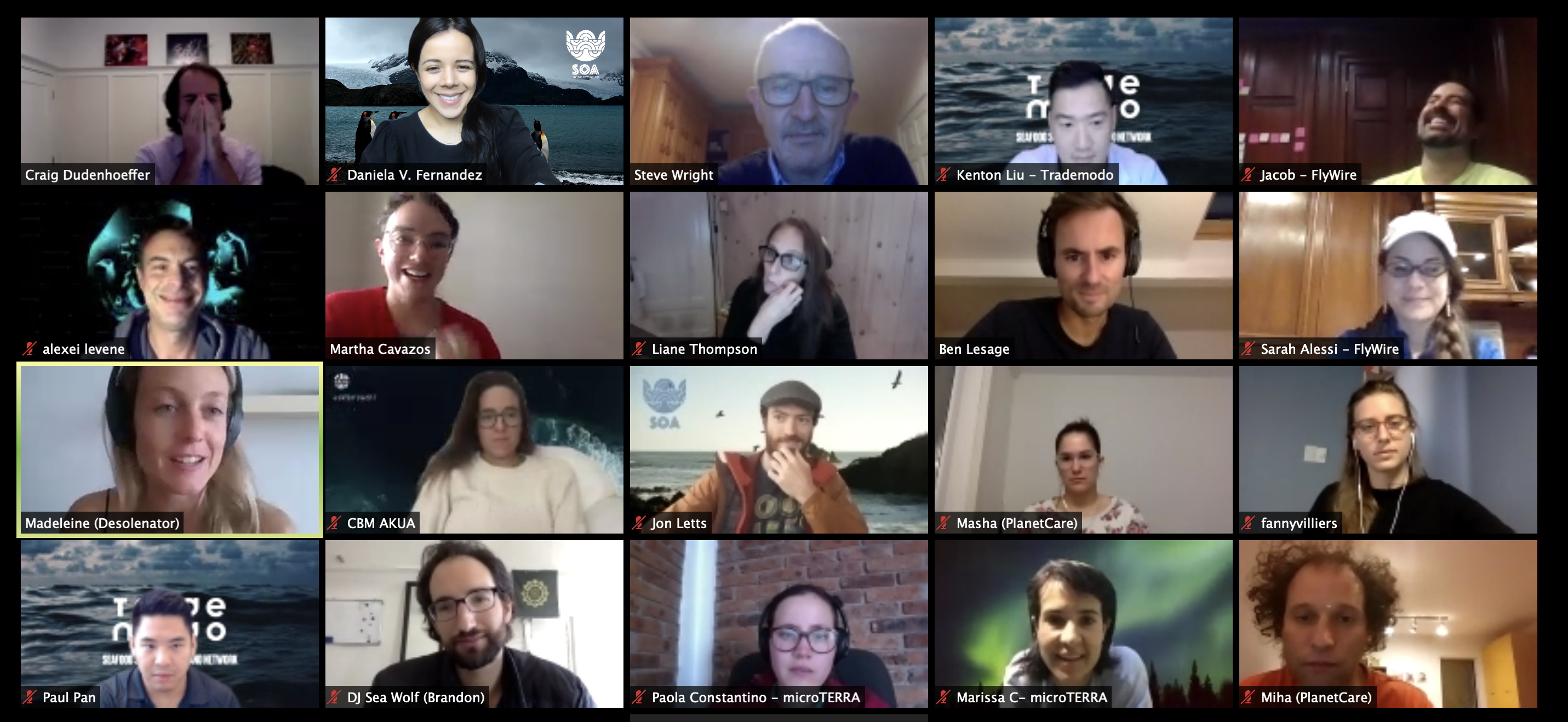Accelerators have become a major force in the startup world, but these teeming masses of potential have been forced, like every other industry, to adopt major changes with the pandemic. Surprisingly, however, they have not just rolled with the punches but seem to be thriving in the new virtual environment.
I spoke with the heads of three accelerators about the challenges and opportunities presented by the new restrictions. David Brown is the founder and CEO of the large international accelerator Techstars (though he will be stepping down in 2021). Cyril Ebersweiler is a venture partner at SOSV and founder of the HAX hardware accelerator. Daniela Fernandez founded the Sustainable Oceans Alliance and its comparatively new Ocean Solutions Accelerator.
TechCrunch: What were some of the immediate difficulties or opportunities you ran into when the pandemic hit?
Brown: I feel like a duck — above the surface everything is normal, below the surface the feet are paddling like crazy.
When the lockdown came in March, the move to virtual over like 24 hours was hard, but we’re lucky that we’re a global organization. We had a program in Italy so they had gone into lockdown earlier, and a program in Singapore before that, so we were able to be better prepared. And we’ve had a virtual program for four years.

Ebersweiler: Anything that’s physical, if it requires your eyes and for you to play with things, it got a lot harder. People prefer in general to have the physical experience. Now we do virtual tech shares where people get to show to everyone else and we comment on it. It actually works well. Pitch practices are fine to do online as well.
People are for some reason more participative and have more feedback than physically — it’s pretty strange. Perhaps because you’re not facing the people and you don’t want to say some things in person.
Fernandez: Our content is very intense and in the past, it has been hard for founders to juggle being a full-time founder and participate in a rigorous program. The virtual nature of the program this year seems to have increased our overall engagement with founders. Cutting out the commute time in a busy city leaves founders with more time for workshops, mentor matchmaking, pitch practice and other important sessions. Everybody just has more flexibility and tranquility.
What about the in-person experience? Isn’t that missing from the virtual piece?
Brown: In an accelerator, you’re in the same environment, sharing experiences, sharing meals, staying up all night together. Obviously you can’t do that as well in a virtual environment. So we’ve had to deploy tools to simulate that, like icebreakers where you get to know people, or a virtual layout tool so you feel like you’re showing up at the office.
Fernandez: While there is nothing quite like being on an expedition boat for a week, a sense of shared experience and close relationship always bind a group. We are creating shared experience and relationships through a steady flow of thoughtful, routine programming. We also created weekly and daily feedback forms to respond to founders’ ideas and concerns regularly, along with a process called “Founder Connects” for founders to have 1:1, off the record conversations separate from our core programming.
Ebersweiler: Obviously the physical experience is cool but people were also growing tired of it — it does create FOMO. Of course using the internet means you can invite the world.
Investors still want to see people, and want to see the hardware. That can still happen to a certain extent, but now investors at early stages, even those doing smallish checks like $200,000, are calling customers. Before you weren’t going to talk to customers unless you got a big seed, but now they’re being brought into the round. So market pressure is going to make this become more automated and less about people.

Has the virtual component come with any interesting perks or improvements to the program?
Ebersweiler: It’s forcing startups to be disciplined in documentation. There’s strong interactions between our staff and the supply chain and engineers and designers and whatnot. But you need really strong discipline to move things forward.
HAX is very process oriented, and it has to be. There’s a lot of time management, process management, all those are tools we’ve developed ourselves.
Where we’re not set up to do remote things, we are optimizing for it. Recently we started to create things — an internal Q&A system, sort of a more technical Quora; we’re also creating web apps for purchasing processes, payment processing and approvals.
What’s interesting is the first six months (i.e., until midsummer) have been a record for Indiebio, HAX and the entire portfolio. It’s sending interesting signals from a market perspective.
Fernandez: It gives you so many more options and makes it far more inclusive. As a global community, SOA has always had access to amazing speakers and mentors, however, that doesn’t mean they could physically be in San Francisco for our two-month program. There is a huge opportunity cost for founders to uproot their lives for two months and move to one of the most expensive cities on earth.
So I think we were headed in that direction anyway — the virtual component is going to be the backbone of these programs.

Brown: There’s been a huge positive impact on demo day, a huge attraction of people. I think we’ve been able to get three times the attendees and four times the investors at those events. We’ve run demo days for years, we’ve never run 17 simultaneously. We had to develop tech to be able to showcase 17 simultaneous classes going through the accelerator — that was a great experience.
I have noticed … it’s anecdotal, but many founders in our current classes are saying, thank goodness for virtual because I live remotely, have a family, etc. There’s no way i could have traveled to LA or NY or Berlin.
TechCrunch’s top 10 picks from Techstars’ May virtual demo days
Obviously video conferencing existed before coronavirus, but now we all know how to do Zoom calls — it’s become second nature to just about every person on the planet.
Let’s say you’re going through a program in Chicago, you have a niche vertical and need some technical advice. Maybe there’s someone really awesome in Berlin who knows how to do that, in another Techstars class. In the olden days that would be really hard to set up; mentorship has always been an in person experience. But now, why does a Chicago company need only Chicago mentors? Why can’t they have Berlin mentors? There’s no barrier to that any more.
Has there been any pressure to or consideration of changing the contract, equity or structure of the program?
Fernandez: The first couple months we were worried that people would be less engaged because the health crisis was top of people’s minds. But people were actually doubling down on it — we saw an uptick in applications. Seeing that demand encouraged us to keep moving forward. Our decision was prompted by our community telling us they needed us more than ever and it wasn’t acceptable to take a step back.
Ocean Solutions Accelerator’s third wave tackles a new set of aquatic challenges
This is really just the start of a lifetime partnership with these companies. We’re still working with companies from the first cohort.
At this moment, and in this year especially, we have to consider all of the ways that virtual programming is just as valuable — if not more — than an in-person experience. Not only is it our main pathway for connection, learning and network development, it offers us more possibility for immediate feedback and quick interaction, new systems for network support with immediate introductions along with the incredible potential we are seeing in this current cohort: global reach.
Brown: My observation is that the best founders are heads down working on their businesses. When I talk to them about how they’re affected by corona, they say, well I have a home office anyway. What do they want when they come to the accelerator? Cash, partnership … they do say, wait a minute, I won’t be able to hang out with people. But I don’t think it’s a big deterioration of the value proposition. You’re largely giving them everything they care about.
But with corporate partners providing assistance, they’re feeling like, wait, I’m used to seeing that in person, how do I have my meeting? So there’s more adaptation there.
Ebersweiler: Not really. People understand the value that we bring regardless of the conditions. Everybody is expecting that at some time HAX will invest its resources, so there hasn’t been any need to change things at the moment. We’re happy with our model … but we’re fairly different in how we invest. Startups have been happy to get a first check and move on. If anything in the future I think there will be stronger syndicates if this continues — like, are we going to see inflation of how much it takes to get a product to market? That’s still a question.
It’s difficult for startups to take off in the first place. I think with the two crises we are having at the moment … you probably need to be five times as badass as you needed to be in 2007 or 2008 to make it through.































Comment